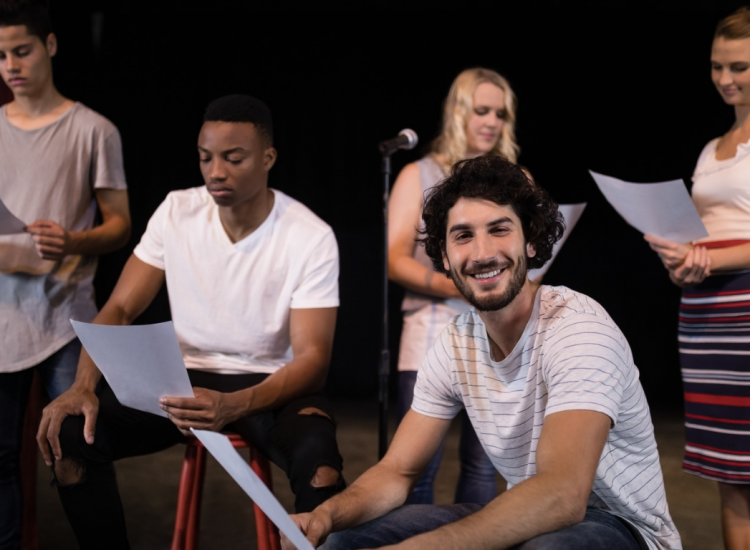In today’s fast-paced digital world, learning effective communication can be a gift that keeps on giving. For kids and teens, strong communication skills aren’t just essential for school, but they also build a foundation for lifelong success. One unique way to boost kids’ communication skills is through acting classes. Let’s take a look at why an acting class can be an ideal playground for young people to develop confidence, clarity, and creativity in their interactions.
1. Building Confidence Through Expression
Acting and communication go hand-in-hand because acting isn’t just about learning lines; it’s about learning to connect. Kids and teens in acting classes are encouraged to express themselves freely, whether they’re speaking lines, creating characters, or even improvising. By practicing vocal projection, body language, and facial expressions, they begin to understand the impact of their own presence in a room. Confidence naturally grows as they get used to speaking in front of others and expressing a wide range of emotions.
2. Learning Empathy and Active Listening
A huge part of communication is listening, something that’s sometimes overlooked in a world of constant talking. In teen acting class, students learn to listen to their scene partners actively, which teaches empathy and emotional awareness. When kids are “in character,” they’re challenged to understand and react to different viewpoints, which improves their ability to understand others’ feelings. This skill carries over into their everyday lives, making them more attentive friends and teammates.
3. Improving Verbal and Nonverbal Skills
Acting is an art of expression—not just with words, but with body language and tone. Kids and teens in acting classes learn how to effectively use gestures, eye contact, and posture to convey messages. These nonverbal skills are as important as what’s said, if not more so. Practicing these aspects of communication prepares young people for real-life interactions where their posture, eye contact, and tone can help them appear more engaged and confident.
4. Developing Problem-Solving and Quick Thinking
Ever heard of improv? It’s a great acting exercise that teaches kids to think on their feet. Whether they’re building a scene from scratch or reacting to an unexpected twist, teens in acting classes learn how to handle pressure gracefully. These exercises don’t just make them great on stage; they equip them with tools to handle real-life conversations and even challenging situations with calm and creativity.
5. Having Fun While Learning Communication Skills
The best part of an acting class? It’s fun! Learning communication skills doesn’t have to be a chore. Through role-playing, games, and ensemble exercises, kids improve their social skills in an environment that’s lively and enjoyable. The friendships they build along the way make learning even more rewarding.
If you’re looking to help your child or teen grow their communication skills, an acting class could be the perfect fit. From speaking with confidence to understanding body language, acting can unlock a world of communication skills that will serve them in countless ways—both on and off the stage!


